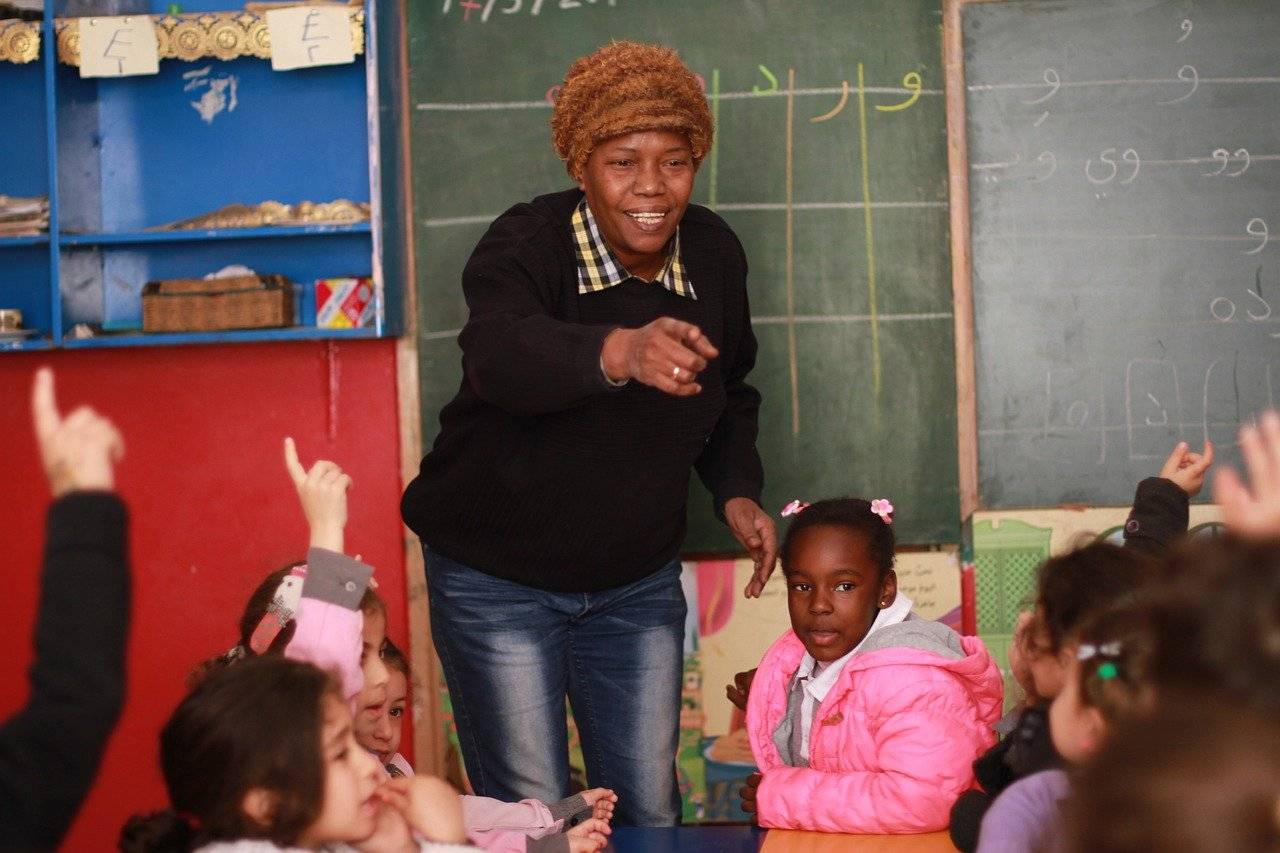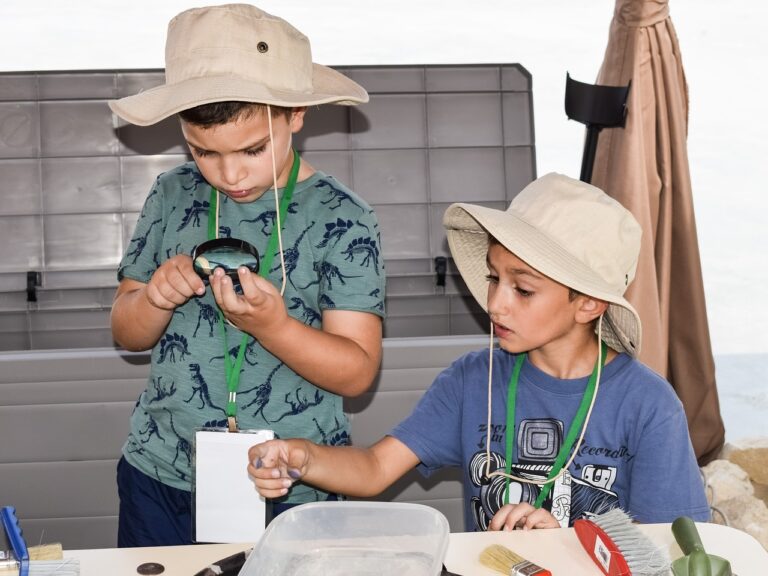Teaching the Value of Volunteerism in Schools
Giving back to the community is not just a gesture of kindness; it is an essential aspect of fostering a stronger and more cohesive society. When individuals choose to volunteer their time, skills, or resources to support others in need, they contribute to the well-being of their community as a whole. This act of selflessness creates a ripple effect that can bring about positive change in various aspects of society.
Moreover, by engaging in acts of giving back, individuals have the opportunity to develop empathy, compassion, and a deeper sense of connection with those around them. The act of volunteering allows individuals to gain a greater understanding of the challenges faced by others, promoting a more inclusive and supportive community environment. In essence, giving back not only benefits those in need but also enriches the lives of the volunteers themselves, fostering personal growth and a sense of fulfillment.
The Impact of Volunteerism on Personal Development
Volunteerism plays a crucial role in fostering personal development. By engaging in community service activities, individuals are exposed to diverse experiences that help broaden their perspectives. This exposure to new environments and challenges allows volunteers to develop a greater sense of empathy and understanding towards others.
Moreover, volunteering provides an opportunity for individuals to cultivate important skills that are valuable in both personal and professional settings. Through their service work, volunteers can enhance their communication skills, teamwork abilities, and problem-solving techniques. These experiential learning opportunities not only contribute to personal growth but also help individuals build confidence and resilience in overcoming obstacles.
Ways to Encourage Students to Volunteer
Encouraging students to volunteer can have a profound impact on their personal growth and development. One effective way to spark their interest in volunteering is by highlighting the positive impact they can make in the community. By emphasizing the value of their contributions and the difference they can make in the lives of others, students are more likely to feel motivated to get involved in volunteer opportunities.
In addition, creating a sense of community and belonging can be a strong motivator for students to volunteer. By fostering a supportive and inclusive environment where students feel connected to a cause or organization, they are more likely to feel a sense of responsibility and commitment to giving back. Providing opportunities for students to collaborate with their peers, share experiences, and work towards common goals can further encourage their participation in volunteer activities.





